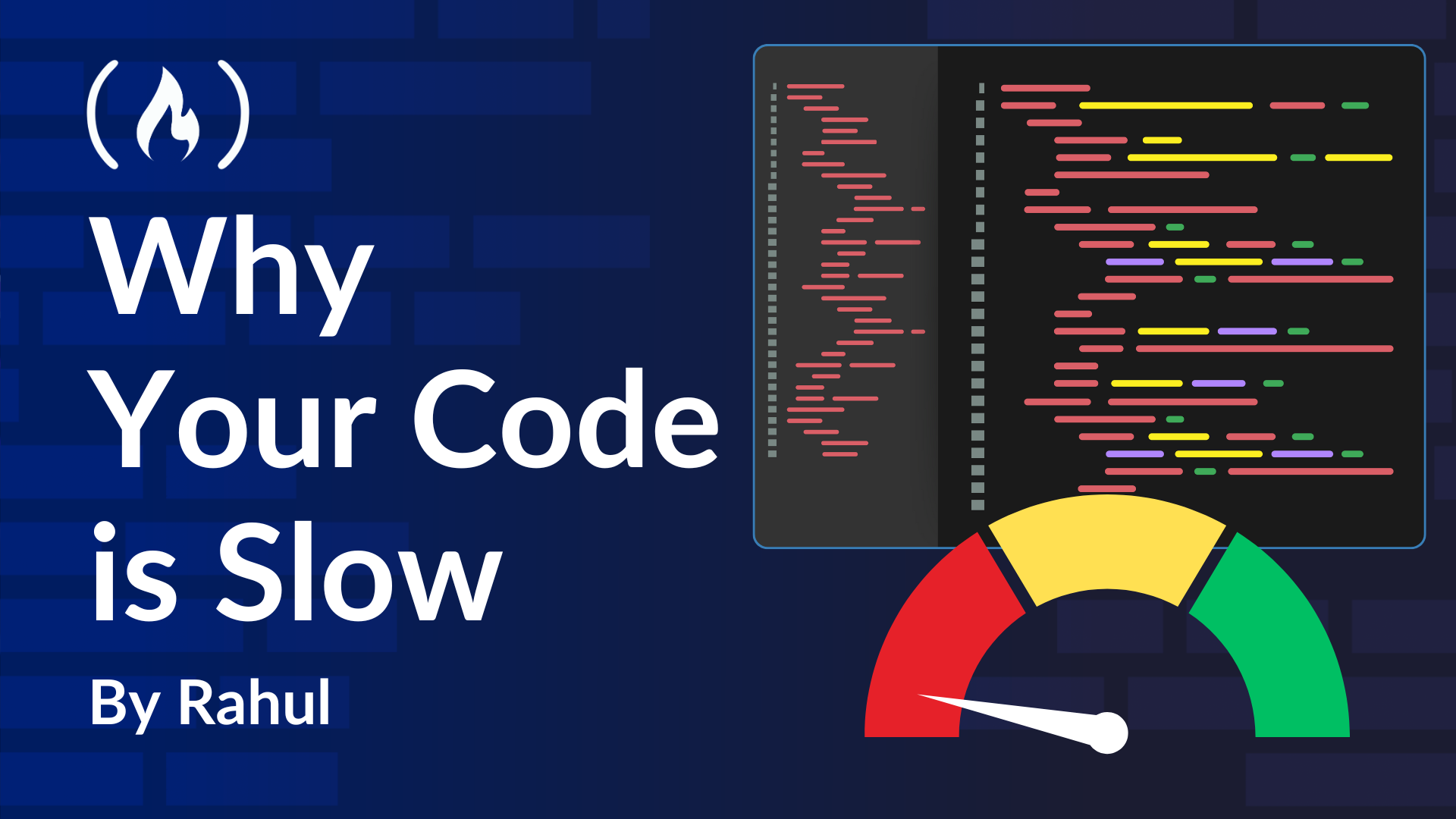New book argues that Alzheimer’s research is flawed, fraudulent, and incompetent
I have a friend with Alzheimer’s so I was especially depressed to read Jesse Singal’s discussion of a new book, Doctored, claiming that research on both Alzheimer’s disease and drugs that purport to ameliorate is all badly flawed, even fraudulent. You can read Singal’s discussion below (free access by clicking on the headline), and access the … Continue reading New book argues that Alzheimer’s research is flawed, fraudulent, and incompetent

I have a friend with Alzheimer’s so I was especially depressed to read Jesse Singal’s discussion of a new book, Doctored, claiming that research on both Alzheimer’s disease and drugs that purport to ameliorate is all badly flawed, even fraudulent. You can read Singal’s discussion below (free access by clicking on the headline), and access the book on Amazon by clicking on the cover below.
An excerpt from Singal:
In his book, Piller, an investigative reporter at Science magazine, presents copious evidence of severe fraud, negligence, and buck-passing in Alzheimer’s research. From fabricated images published in major research journals (many of them still unretracted) to data manipulation conducted by pharmaceutical companies to the complete negligence of federal watchdogs, Piller’s reporting demonstrates indisputably that the field of Alzheimer’s research is in sorry shape.
Things are so bad, in fact, that the dominant theory that has guided researchers’ efforts this century — that Alzheimer’s symptoms are caused by the buildup of proteins called “amyloid plaques” in the brain — is now in serious question. That might explain why, as Piller notes, a recent meta-analysis of the available research found no evidence that any of the available Alzheimer’s drugs cause noticeable improvements in the cognition or daily functioning of patients. We’re two decades and many billions of dollars into the modern era of Alzheimer’s research, and we have precious little to show for it — a particularly dire state of affairs given that this dread condition is only going to hit us harder as America’s population continues to age. Piller’s book, which was released February 4, tells the story of a wild and heartbreaking goose-chase.
While Doctored is gripping in its own right, it also serves as a warning about the collapse of trust in expert authority. Thanks to the capacious new markets for crankery carved out by social and “alternative” media — not to mention a worldwide populist revolt against “the establishment” in general — there’s more grifting and science-denial than ever before, and the worst purveyors of pseudoscientific sludge rake in millions precisely by positioning themselves in opposition to mainstream science.
The lesson for scientists is to clean up their act and to stop misleading people about their work. I mean, I never had any doubt whatever that Alzheimer’s was caused by plaques in the brain. Now that is not at all certain; the plaques could be a byproduct or a correlate and not a cause. If there’s that much uncertainty about it, why haven’t I heard about it. Of course, journalists are responsible for this, too, but good scientific journalism is a species going extinct.
I believe that Singal has already been demonized on BlueHairSky, though he hasn’t been banned. The reason: the place is full of immigrants from Twitter who are “progressive” liberals and couldn’t stand the free speech on X. Singal described his apostasy:
The background here is that a subset of users on Bluesky disagree with my reporting on youth gender medicine—a subject I’ve been investigating for almost a decade, and have written about frequently, including in The Atlantic and TheEconomist. (I’m currently working on a book about it, commissioned by an imprint of Penguin Random House.) I’m not going to go deep here, but I’d argue that my reporting is in line with what is now the mainstream liberal position: See this Washington Post editorial highlighting “scientists’ failure to study these treatments slowly and systematically as they developed them.”
But perhaps because I wrote about this controversy earlier than most journalists, and have done so in major outlets, I’ve become a symbol of bigotry and hatred to a group of activists and online trolls as well as advocacy orgs like GLAAD that push misinformation about the purported safety and efficacy of these treatments, and attempt to punish journalists like Abigail Shrier for covering the controversy at all.
Bluesky appears to have attracted a particularly high number of these trolls, and even before I arrived on the platform, some of them were making sure I wouldn’t feel welcome there. Nora Reed, an online influencer and cultural critic, wrote in November that “I think we need a plan for if Jesse Singal shows up here in advance.”
Back to his own Substack, though; Singal won’t win many friends by arguing that both scientists and liberals have exacerbated the problem, the former by acting precipitously or even duplicitously (the attempt to dismiss a lab-leak theory for the covid virus by scientific officials in the Biden ambit is a good example), while the left-wing public by always saying “trust the science” without realizing that a. scientists are human, with all the good and bad behavior that implies and b. science like investigating covid moves quickly, and what is true today could be false tomorrow.
But I shouldn’t exculpate the Right as well. After all, that’s the side of the political spectrum that still pushes creationism as well as quacks like RFK Jr. And Trump and his cronies are busy slashing scientific research almost willy-nilly. Singal, though, concentrates on the Left, perhaps because that’s where he resides:
At a time of such uncertainty and such dangerous overcorrection, it can feel awkward or difficult to point out, as Piller does in Doctored, just how broken some of our cherished mainstream scientific institutions are. Isn’t that playing right into Trump’s hands?
I don’t think so. The strategy adopted by many mainstream liberals in response to the populist surge — effectively, plugging our ears and chanting “trust the science” over and over — might be comforting, in that it offers a Manichaean worldview in which improving the world is a relatively straightforward matter of convincing people of their own ignorance so that they will board the science train with the rest of us.
But this effort has clearly failed. Some populist distrust of mainstream science is unwarranted and harmful, such as most strains of vaccine skepticism, but in plenty of instances, they are more or less correct not to automatically trust mainstream scientists, even if they arrive at that conclusion for reasons some of us might find uncouth. (Update: I added ‘automatically’ post-publication because I think it’s an important modifier here.)
In other words, while it’s easy to accuse those red-staters out there of exhibiting an alarming lack of faith in science, especially now that their wrecking-ball avatar is in power, it’s harder — and arguably just as important — to ask whether perhaps we have too much faith in it. The scientific establishment hasn’t exactly covered itself in glory in recent decades, given the replication crises that have roiled multiple fields, the data-fraud scandals popping up everywhere from cancer research to business-school psychology, and the frequently overconfident proclamations experts made about thorny Covid-era issues like mask mandates and school closures. And yet liberals tend to continue to reflexively trust many institutions that haven’t earned it, to the point where some of us have turned this sentiment into a mantra: “Science is real,” you will see on signs planted in front of many liberal homes.
I will read this book, as I’m particularly interested in how “fraud” was involved in Alzheimer’s research. Here’s one bit from Singal:
Piller’s book provides numerous damning examples of the difference between science as we idealize it and science as it is practiced by real-life human beings. For example, much of the data fraud in Alzheimer’s research, alleged and proven, involves doctored images. This fraud was uncovered not by journal editors or peer-reviewers — the individuals supposedly responsible for such quality-control — but by unpaid sleuths “who use pseudonyms to post comments” online, as he writes, in the hopes of someone who matters noticing and acting. (One notable exception is Elizabeth Bik, a Dutch microbiologist and legendary image sleuth who has taken on Alzheimer’s fraud.)
Who would have thought that we’d be catching so much fraudulent work by analysis of published images. One might conclude that reviewers of manuscripts aren’t doing their work, but I suspect that a lot of the fraud involves the same images repeated in different papers, and no reviewer has time to compare images in a submitted manuscript to other images by the same authors, but in different journals.
Doctored was released February 4 of this year.
To avoid making this post too long, I’ve put the book-publisher’s (Simon and Schuster’s) description below the fold. Click “read more” to see it:
Simon and Schuster description here
Nearly seven million Americans live with Alzheimer’s disease, a tragedy that is already projected to grow into a $1 trillion crisis by 2050. While families suffer and promises of pharmaceutical breakthroughs keep coming up short, investigative journalist Charles Piller’s Doctored shows that we’ve quite likely been walking the wrong path to finding a cure all along—led astray by a cabal of self-interested researchers, government accomplices, and corporate greed.
Piller begins with a whistleblower—Vanderbilt professor Matthew Schrag—whose work exposed a massive scandal. Schrag found that a University of Minnesota lab led by a precocious young scientist and a Nobel Prize–rumored director delivered apparently falsified data at the heart of the leading hypothesis about the disease. Piller’s revelations of Schrag’s findings stunned the field and the public.
From there, based on years of investigative reporting, this “seminal account of deceit that will long be remembered” (Katherine Eban, author of Bottle of Lies and Vanity Fair special correspondent) exposes a vast network of deceit and its players, all the way up to the FDA. Piller uncovers evidence that hundreds of important Alzheimer’s research papers are based on false data. In the process, he reveals how even against a flood of money and influence, a determined cadre of scientific renegades have fought back to challenge the field’s institutional powers in service to science and the tens of thousands of patients who have been drawn into trials to test dubious drugs. It is a shocking tale with huge ramifications not only for Alzheimer’s disease, but for scientific research, funding, and oversight at large.












































































